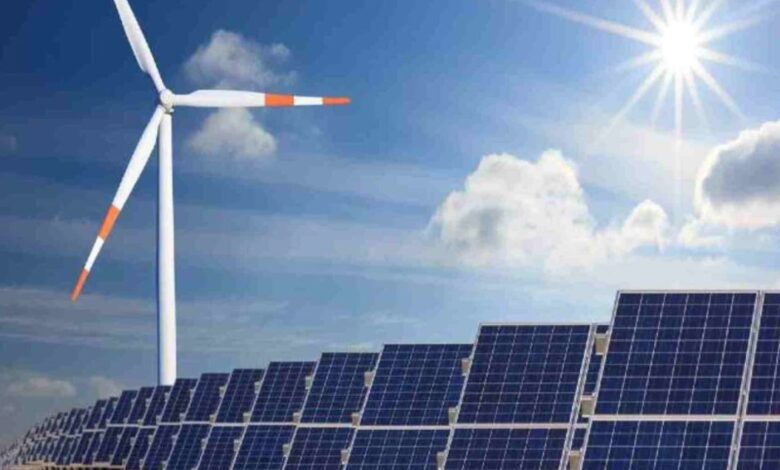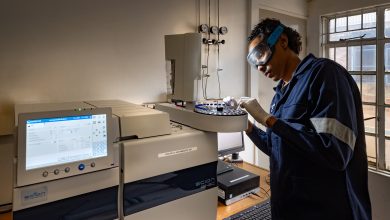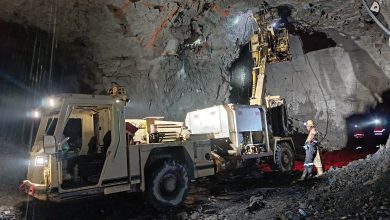
Rising energy demand, declining costs of renewables, and policy certainty marked as key trends driving energy sector
South Africa finds itself at the cusp of its economic rebound, and as it stages its shift towards greener and renewable energy solutions, the energy sector will be a key driver in propelling its economic recovery after years of lukewarm growth.
Coupled with that, are key reforms being undertaken by the new Government of National Unity, and a more stable electricity grid which will support economic activity. Stability at Eskom and the end of load shedding, is helping the provision of constant electricity supply, helping boost employment creation. That will propel an increase in energy demand and drive innovation across the energy sector and in turn contributing to the bigger goal; implementing South Africa’s Just Energy Transition plan that seeks to ensure a low-carbon economy.
Embracing technological innovation and driving energy efficiency
Innovation is slowly taking center stage in South Africa’s energy transition agenda and will play a critical role in leading various technological advancements, Professor Samson Mamphweli, Head of the Department of Science, technology and Innovation’s Energy Secretariat at the South African National Energy Development Institute said.
“We have what we call the disrupters of the energy system associated with that,’’ he said, speaking to technological advancements and system efficiencies for technologies such as solar photovoltaic systems, including the rise in smaller photovoltaic panels that can generate more electricity due to improvements in their conversion efficiencies.
“There are more improvements and technological advancements that are coming into the picture and assisting in dropping the cost of electricity production,” he said.
Energy storage
The cost of battery energy storage facilities is also declining based on advances in research and development initiatives. The demand for electricity is rising around the world and the share of renewables is increasing.
“With the cost of energy storage facilities such as lithium ion batteries going down, what we have seen is an increase in the uptake of things like battery electric vehicles,’’ Mamphweli said.
“The biggest cost driver for the battery-electric vehicles is the energy storage systems, and the decline in the cost of energy storage systems is also reducing the cost of renewable energy. That then means that we will see a lot more renewable energy installations.” He said. Sanedi is also involved in the research and development initiatives in renewable energy and energy storage systems.
Policy certainty
Policy certainty will be a key factor in the energy sector that will determine the ease of implementing South Africa’s energy plan (the Integrated Resource Plan, IRP). Equally, investors will seek confidence that regulations and the formulation of key legislation informing how the industry operates is sound and certain.
“The only thing that is required is policy certainty; we’ve got all the policies in place, we have a number of plans that we are busy populating, policy certainty is quite important especially when it comes to the implementation of things such as the Integrated Resources Plan because the private sector plan their investments based on the policies and implementation plans that we say we’re going to implement,” Mamphweli said.
SANEDI as a strategic entity advising government departments such as the department of Science, technology and Innovation, understands the full breadth of its role in informing energy policy in the country, contributing to research in the energy space in general.
“All that work informs energy policy in the country. In terms of the energy Act Sanedi has a mandate to advise the national government, the two ministers (DSTI and DEE); and also there is work that we are doing with the National Treasury on the energy efficiency side of things and the demand side management, where we are coordinating the database for the 12L tax incentives that National Treasury is responsible for,” said Mamphweli.
Green hydrogen; A pivotal energy source
Hydrogen is increasingly seen as a critical source of energy that could be transformative for South Africa, particularly for emissions hard to abate industries such as the steel and cement industry. A bigger uptake of hydrogen is required to support South Africa’s ambitions for growing the hydrogen economy and by extension, growing the country’s economy.
South Africa’s Hydrogen Society Roadmap whose implementation is being coordinated from within SANEDI, anticipates that by 2023, the country will have around 300 trucks transporting goods between Limpopo, Gauteng and Kwazulu-Natal running on green hydrogen that will be produced in these three provinces.
“Hydrogen is going to play a critical role especially in the hard to abate industries such as steel and cement, especially when you look at the export market because we’re going to have those carbon border adjustment mechanisms kicking in some time next year,” Mamphweli said.
About SANEDI
The South African National Energy Development Institute (SANEDI), established by the Government, directs, monitors, and conducts applied energy research to develop innovative, integrated solutions to catalyse growth and prosperity in the green economy. It drives scientific evidence-driven ventures that contribute to youth empowerment, gender equity, environmental sustainability, and the 4th Industrial Revolution, within the National Development Plan (NDP), through consultative, sustainable energy projects.






